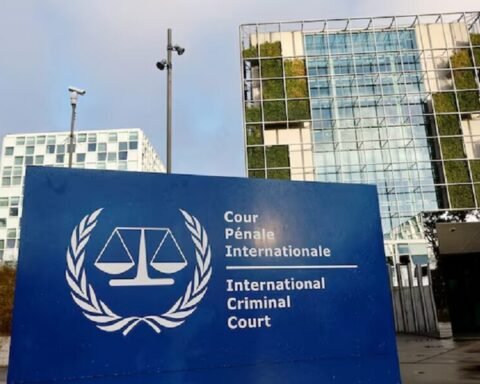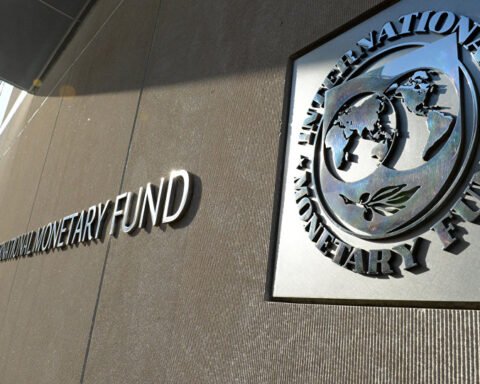The United Nations has urged all parties involved in the ongoing unrest in Los Angeles to exercise restraint and avoid escalating tensions, following large-scale protests over U.S. federal immigration enforcement actions.
Speaking at a press conference in New York on Monday, Farhan Haq, Deputy Spokesperson for the UN Secretary-General, called on officials and demonstrators alike to seek peaceful solutions in the face of rising anger over immigration raids and troop deployments.
“We certainly hope that all parties on the ground will de-escalate the situation,” said Haq. “We do not want to see any further militarization of this issue. We encourage local, state, and federal authorities to cooperate in reducing tensions.”
The protests began on Friday, sparked by sweeping raids conducted by U.S. Immigration and Customs Enforcement (ICE), which led to the detention of hundreds of individuals believed to be living in the country without proper documentation. The arrests drew immediate backlash from immigrant rights advocates, community leaders, and ordinary residents, many of whom accused ICE of targeting vulnerable and non-violent people rather than criminal offenders.
In response to the public outcry and mounting demonstrations, U.S. President Donald Trump invoked his executive authority on Saturday by ordering the deployment of at least 2,000 National Guard troops to Los Angeles County. The move, which Trump said was necessary to maintain order, has ignited a national debate over the balance between immigration enforcement and civil liberties.
Asked directly whether the UN considers the deployment to be a militarization of a domestic issue, Haq responded cautiously.
“I think you’re aware of the situation on the ground,” he said. “What we want is to see a de-escalation — that’s our focus.”
The Trump administration has defended the raids as part of a broader crackdown on illegal immigration. However, critics argue that the tactics go beyond targeting what the president has referred to as “bad hombres,” instead impacting families, essential workers, and long-standing members of the local economy.
Immigration policy has long been a flashpoint in the United States, and California — a self-declared sanctuary state — has frequently clashed with federal immigration enforcement. Local leaders, including members of the Los Angeles City Council, have condemned the raids and expressed concern that the presence of military personnel could further inflame an already tense situation.
Legal scholars have also raised questions about the deployment’s compliance with the Posse Comitatus Act, which restricts the use of U.S. armed forces in domestic law enforcement. While the National Guard may be used under certain presidential authorities, its involvement in civilian matters remains a contentious issue.
Meanwhile, demonstrations across the city show no signs of slowing down. Protesters have gathered outside government buildings and ICE detention centers, chanting slogans and holding signs condemning the arrests. Community groups have also mobilized to provide legal aid and emergency support for families affected by the detentions.
As the situation develops, the United Nations says it will continue to monitor events closely. The global body emphasized the importance of upholding human rights and due process, regardless of immigration status.
“What’s essential now is dialogue, not division,” Haq concluded.







